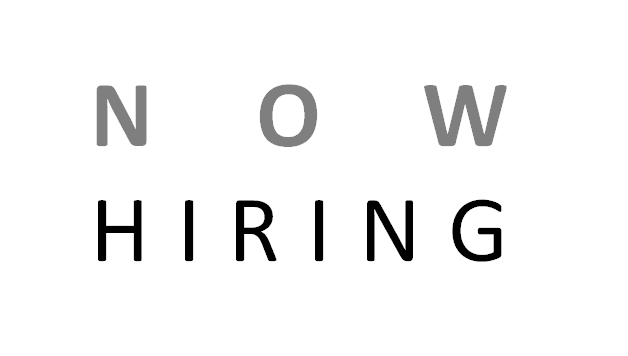The US$324.5 million class action settlement between Silicon Valley employees and technology firms including Google, Intel and Adobe has been denied preliminary approval by Judge Lucy Koh of the United States District Court in the Northern District of California.
The settlement relates to a series of agreements between technology companies to not solicitor each other’s employees which was alleged to amount to an illegal restraint of trade in breach of Section 1 of the Sherman Act – see our previous blog post here.
The class action plaintiffs were employees of the technology firms involved. Their claims were for lost salaries due to the agreement between the defendants to not solicit employees from each other.
The claims against three of the defendants were settled for US $20 million in July 2013 and approved by the Court in May 2013 with judgment being entered on 20 June 2014. This further proposed settlement related to the 4 remaining defendants.
The plaintiffs had submitted an expert report which calculated the total lost wages of class members at US $3.056 billion based on what the class members would have earned in the absence of the anti-solicitation agreement. The Court drew attention to antitrust cases being subject to treble damages, which would mean that the plaintiffs, if entirely successful, would recover more than US $9 billion.
Although the Court only received complaints from 5 class members about the proposed settlement, it found that the settlement was not within the range of reasonable settlements. Most importantly, the proposed settlement was not proportionate to the settlement already reached with the other three defendants for US $20 million in light of the size and number of employees of each party. In the Court’s view, the proposed settlement should have been in the order of at least $380 million to be proportionate.
The Court observed that the plaintiffs’ case had strengthened since the earlier settlement. The class had been certified (a requirement for class actions to proceed in the US, which is not part of Australian class action regimes), motions for summary judgment and to reject the expert evidence on damages had failed and the evidence in support of the case had strengthened. In particular, Judge Koh said that there was “compelling evidence that Steve Jobs . . was a, if not the, central figure in the alleged conspiracy” and that “Mr Jobs played a central role in enforcing these agreements”.
The evidence showed that each defendant structured its salaries methodically, suggesting that increases in salaries to defend against poaching or to successfully poach employees would have had a broader effect on salaries. Evidence of the effects of poaching on salaries included an example from 2010 when Google lost a significant number of employees to Facebook, who was not a party to any anti-solicitation agreement. In response, Google increased base salaries by 10% and paid immediate cash bonuses.
An agreement to not solicit employees would not fall within the prohibitions of cartel conduct contained in Australia’s Competition and Consumer Act 2010 (Cth) as the cartel provisions do not apply to conduct directed at employer-employee relationships.
Stay tuned for news of a revised settlement . . .








